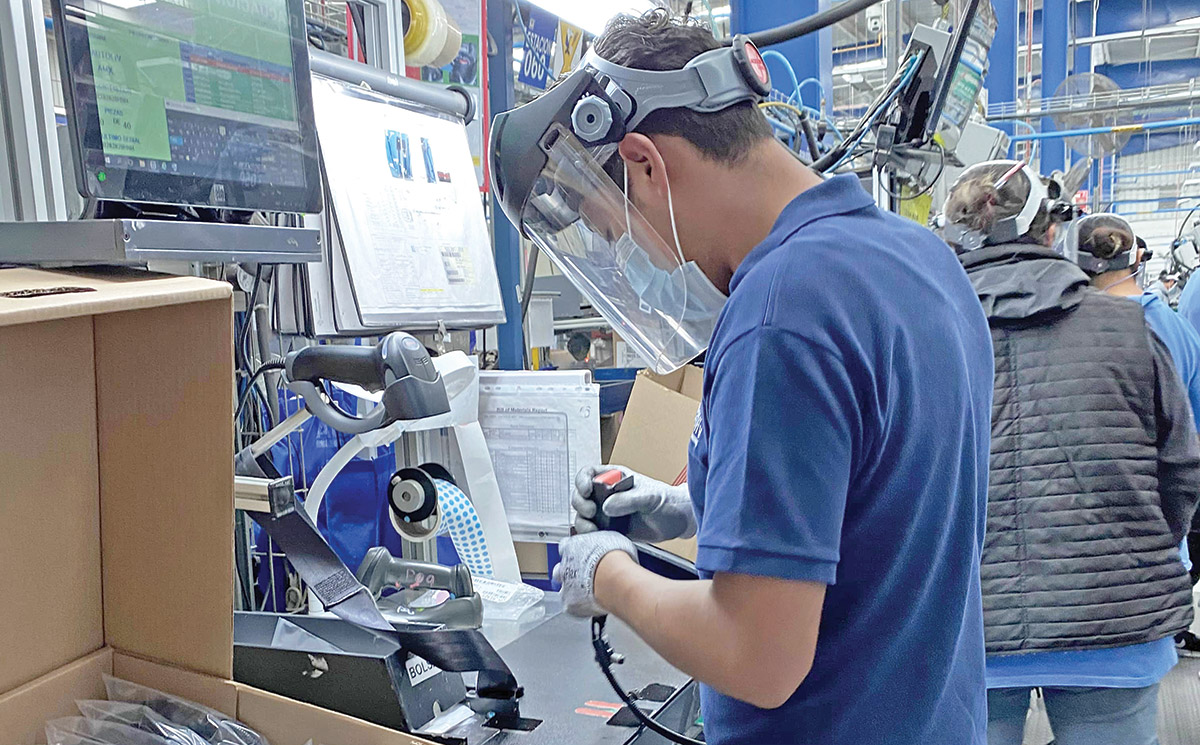TIJUANA.– The decision to postpone the implementation of tariffs on Mexican products for three months provides temporary relief for the export sector, though it should not be seen as a definitive solution, said economist Jorge Fonseca.
According to the expert, while the delay gives economic actors some breathing room, the risk of unilateral tariff measures remains and continues to create uncertainty for the stability of bilateral trade.
Fonseca noted that tariff measures have recently been used as tools of economic pressure, leaving the Mexican economy in a vulnerable position. In his view, a long-term solution would require completely removing the threat of tariffs to ensure lasting certainty.
The economist warned that if tariffs were to be enacted, they could lead to significant structural changes such as the relocation of industrial operations to other regions. These shifts, driven in part by automation and new technologies, could impact employment in both Mexico and the United States.
“The relationship between the two countries should not focus solely on trade. There are also important social, tourism, and regional cooperation ties that must be considered when evaluating decisions of this nature,” Fonseca said.
He also noted that imposing tariffs could backfire by weakening regional competitiveness, affecting Mexico’s economic growth opportunities and creating supply chain challenges for the U.S.
Finally, Fonseca suggested rethinking the bilateral relationship with a broader, more cooperative approach. He emphasized that a relationship based on collaboration rather than pressure would strengthen economic and social integration between the two nations.
Source: Uniradio Informa




